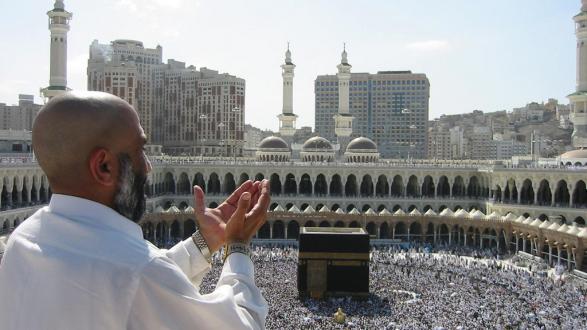On March 18, the Pacific Council hosted a teleconference about rising tensions between Saudi Arabia and Iran. Due to the global outbreak of coronavirus, the teleconference included discussion of the state of the pandemic in both countries and how it is impacting regional and domestic politics. The teleconference featured Dr. Banafsheh Keynoush, president of Mideast Analysts, and Antonella Caruso, adjunct at the RAND Corporation and LAMEDINA International Dialogue Institute, and was moderated by Dr. Jerrold Green, president and CEO of the Pacific Council.
Here are key takeaways from the call, plus the full audio recording below:
- Dr. Banafsheh Keynoush said that the coronavirus pandemic has led to a lowering of hostile political rhetoric between Saudi Arabia, Iran, and the United States, after months of high stakes and tension since the killing of Iranian General Qasem Soleimani. Iranian security forces—as well as the United States and Saudi Arabia—are keeping a close eye on whether mass anti-government protests will continue in Iran during the coronavirus pandemic. So far they haven’t. But she noted that the fallout from the Soleimani killing is not over yet.
- The coronavirus has hit a significant number of Iran’s leadership. Many are self-quarantining. Iranians felt the government was covering up the impacts of the virus. Part of the reason for the slow response was due to the overlap with celebrations of the anniversary of the revolution in February. Saudi Arabia and Iran will increasingly see this coronavirus pandemic as a moment where they have to go inward and fend for themselves.
- According to Antonella Caruso, the limits on religious pilgrimage due to the coronavirus pandemic is putting a lot of pressure on Saudi Arabia’s leadership. The closure of two holy sites provoked an outcry among the clergy in Saudi Arabia. How the country manages social distancing during a time of pilgrimage across the region will be extremely important in determining how serious the outbreak becomes.
Listen to the full conversation below:
_______________________
The views and opinions expressed here are those of the speakers and do not necessarily reflect the official policy or position of the Pacific Council.




